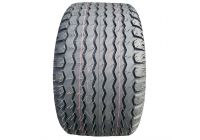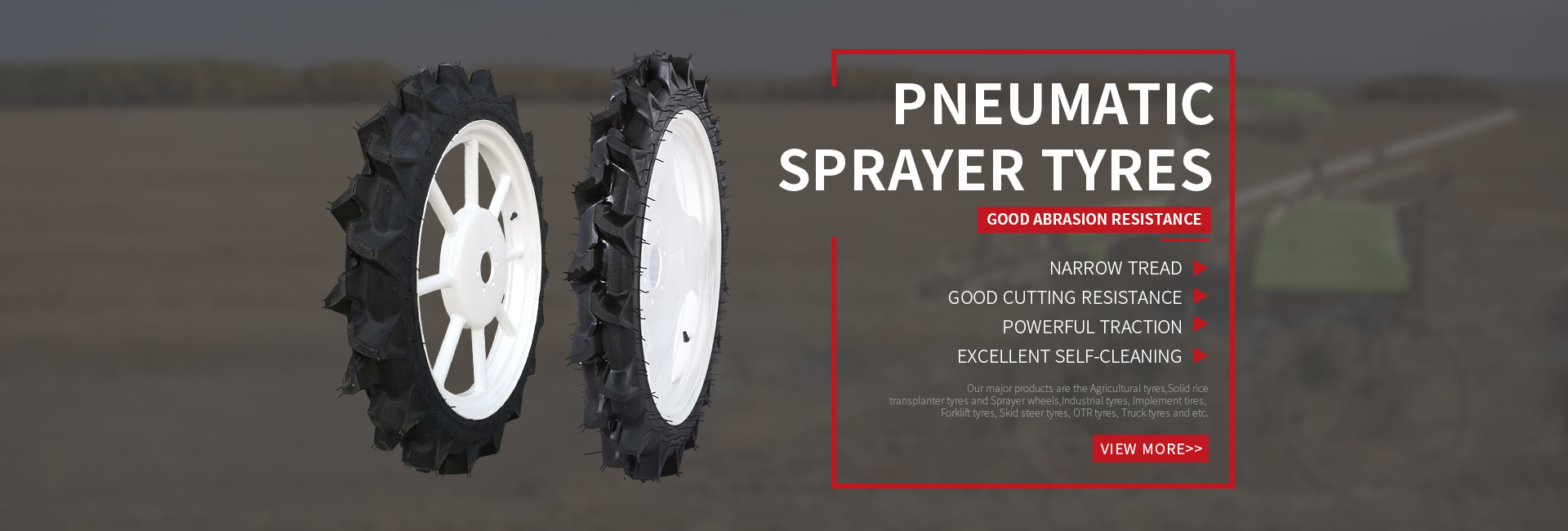Sprayer tyres, Rice transplanter tires and wheels, Agricultural tyres, tractor tires, Industrial Tyres, OTR Tires, skid tires, truck tires

Agricultural practices have evolved significantly over the years, with technology playing an integral role in enhancing productivity and sustainability. One of the key concerns in modern agriculture is soil health, which is directly influenced by farming equipment. The use of agricultural tyres plays a critical role in mitigating soil compaction and erosion, thereby promoting healthier soil and better crop yields. This article explores the impact of agricultural tyres, focusing on the innovations by Bostone, a leading tyre manufacturer.
Soil compaction occurs when soil particles are pressed together, reducing pore space and limiting water infiltration and root growth. This can lead to decreased crop yields and increased runoff, contributing to erosion. Erosion is the process of soil being worn away by wind or water, which can degrade land quality and reduce agricultural productivity.
Agricultural tyres are specifically designed to minimize soil compaction and erosion. They distribute the weight of heavy machinery more evenly across the soil surface, reducing the pressure exerted on the ground. This distribution is crucial in protecting the soil structure and maintaining its health.

Bostone, a renowned manufacturer of agricultural tyres, has been at the forefront of developing technologies that address soil compaction and erosion. Their tyres are engineered with advanced tread designs and materials that offer superior performance in various soil conditions.
Bostone tyres incorporate several key features that make them effective in reducing soil compaction and erosion:
The use of Bostone agricultural tyres offers numerous benefits to farmers, including:
Bostone has conducted several case studies to demonstrate the effectiveness of their agricultural tyres in reducing soil compaction and erosion. These studies highlight the positive impact of their products on soil health and agricultural productivity.
In Kansas, a wheat farm implemented Bostone agricultural tyres on their tractors and combines. Over a growing season, the farm observed a significant reduction in soil compaction, leading to a 15% increase in wheat yields. The flexible sidewalls and wide tread patterns of the Bostone tyres were instrumental in achieving these results.
A corn farm in Iowa faced issues with soil erosion due to frequent rainfall and heavy machinery use. After switching to Bostone tyres, the farm reported a noticeable decrease in erosion, with less soil runoff and better water retention. This improvement was attributed to the tyres' ability to distribute weight evenly and maintain soil integrity.
Bostone continues to innovate and develop new technologies to further enhance the performance of their agricultural tyres. Future developments may include:
The impact of agricultural tyres on reducing soil compaction and erosion is significant, with Bostone leading the way in innovative tyre solutions. By focusing on features such as wide tread patterns, flexible sidewalls, and advanced rubber compounds, Bostone tyres offer farmers the tools they need to protect soil health and enhance agricultural productivity. As technology continues to evolve, the future of agricultural tyres looks promising, with ongoing developments poised to deliver even greater benefits to the farming community.
In conclusion, the role of agricultural tyres in sustainable farming cannot be overstated. With companies like Bostone at the helm, the industry is well-positioned to meet the challenges of modern agriculture, ensuring that soil compaction and erosion are effectively managed for generations to come.